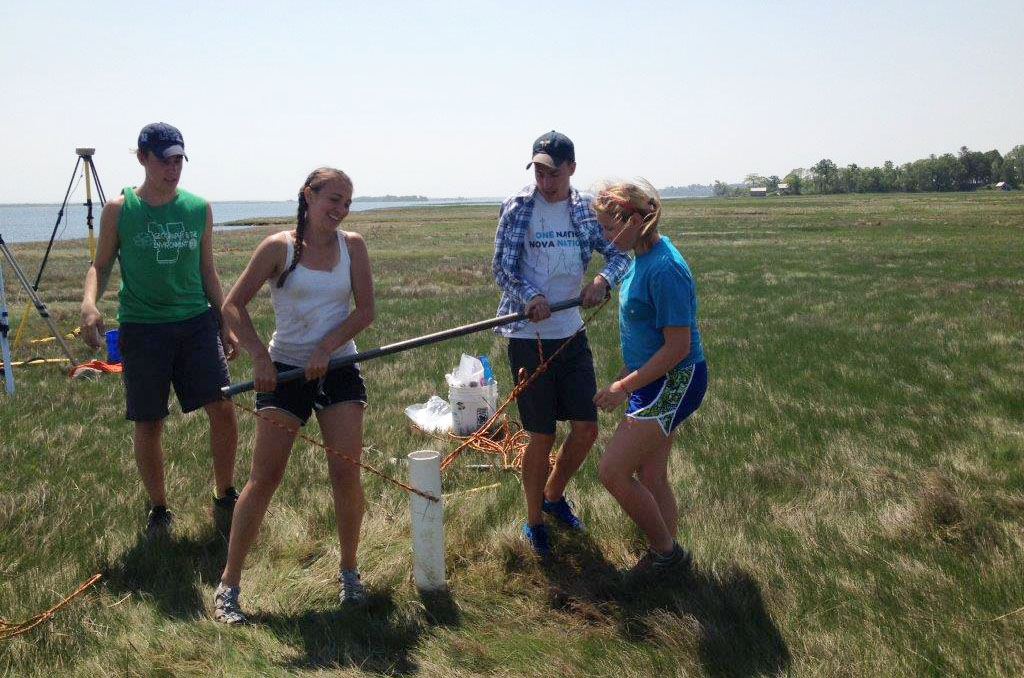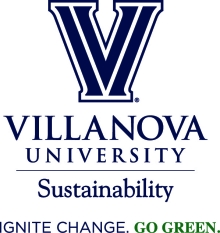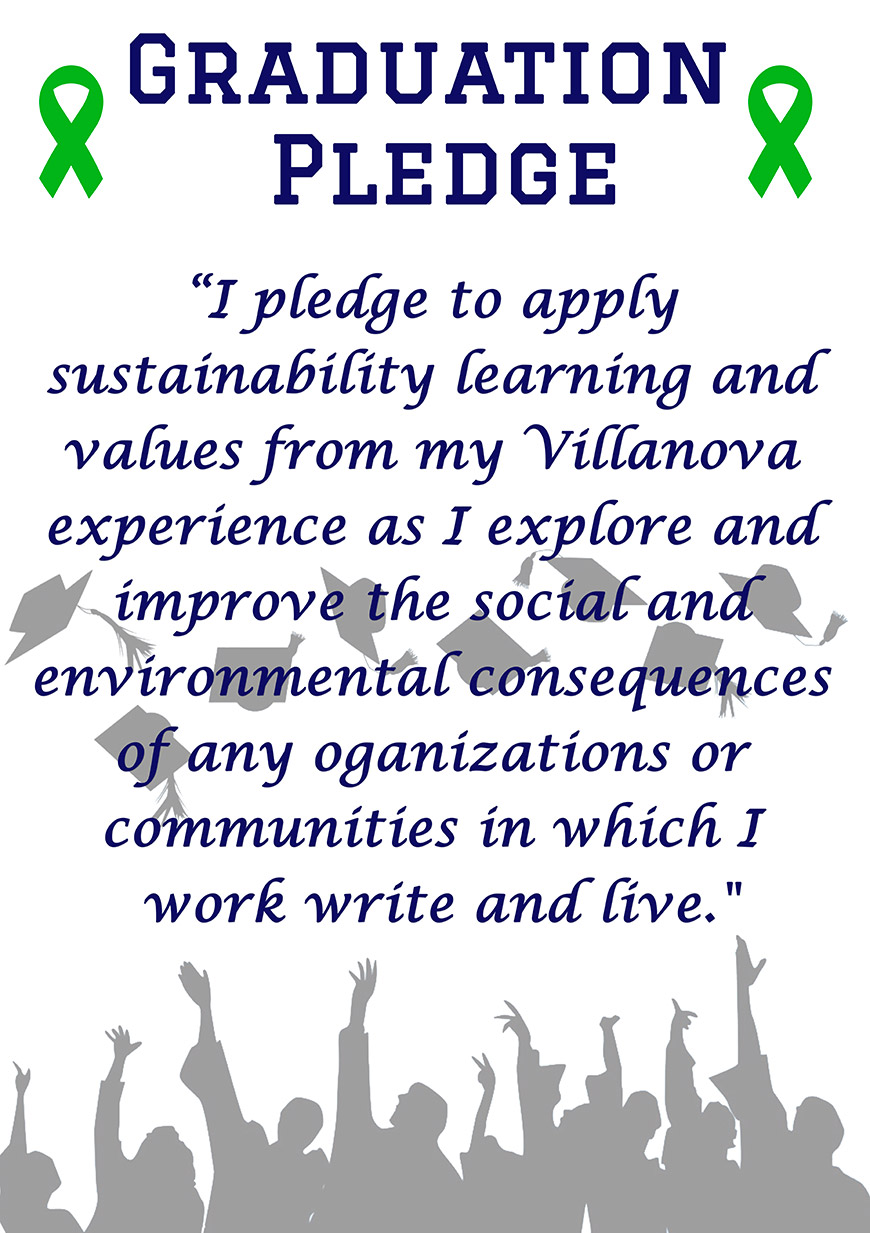Fields of Study

Masters Programs
Masters of Science in Environmental Science (College of Liberal Arts and Science)
Villanova's Master of Science in Environmental Science emphasizes integrated thinking and learning at the nexus of science, policy, and human behavior. Graduates of this program will see beyond linear and fragmented approaches to solving environmental problems to understand the complex interactions between people and the environment. Website.
Master of Science in Sustainable Engineering (College of Engineering)
Villanova’s Master of Science in Sustainable Engineering (MSSE) is a multi-disciplinary degree, ideal for those who are interested in gaining further expertise and knowledge with regard to the full environmental, social, and economic aspects of sustainable engineering. Villanova’s MSSE program employs a whole-systems approach to problem-solving through a life-cycle lens. This program is available to the non-engineering degree holder. Website.
Bachelor Programs
Bachelors of Arts in Environmental Studies (College of Arts & Science, Geography & The Environment)
The B.A. in Environmental Studies program focuses on the interface between environmental science and relevant social sciences, including public policy, political science, law, economics, sociology, and planning. Founded on the principle that the social sciences – both as a body of knowledge and as the bases for structuring human societal norms and behaviors – must be applied to assess and to address the direct and indirect influences of human activities on the integrity of the Earth’s systems. Website.
Bachelors of Science in Environmental Science (College of Arts & Science, Geography & The Environment)
The B.S. in Environmental Science program provides the technical background necessary for understanding the biological, chemical, and physical aspects of the environment. The program’s graduates will have an understanding of and appreciation for the processes and interactions that occur both within and between the atmosphere, the biosphere, the lithosphere, and the hydrosphere. Website.
Major and Minor in Peace and Justice (College of Arts & Science, Center for Peace and Justice)
The Center for Peace & Justice Education offers both a major and minor in Peace & Justice. Their interdisciplinary curriculum is firmly rooted in Villanova’s Augustinian tradition of education in the service of world peace and social justice, with particular emphasis on the poor and marginalized in society. Website.
Undergraduate Minors
Minor in Sustainability Studies (College of Arts & Science & College of Engineering)
An interdisciplinary minor that examines ways to limit actions that adversely affect the environment, by improving utilization of natural resources, and options for social, economic, cultural development. The program will discuss the role of science, engineering, business, government and people in building a more sustainable world. For more information about this minor if you are a CLAS, VSB or Nursing students. Engineering students can find more information here.
Global Health Minor (M. Louise Fitzpatrick College of Nursing)
This minor is open to all undergraduate students. Focused on the health of people around the world and how peoples’ health is affected by gender, race, ethnicity, political priorities, socioeconomic status, climate, geography, accessibility, and acceptability of care. Website.
Villanova Integrated Academics (Office of the Provost)
VIA courses cut across subject-matter lines, bringing together students and faculty from varying majors and colleges to experience how diverse disciplines work together in real-world scenarios. VIA courses are open to all Villanova undergraduates, fulfill elective requirements and expose students to new industries and opportunities in an experiential setting. Website.


